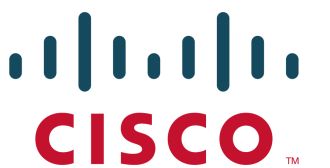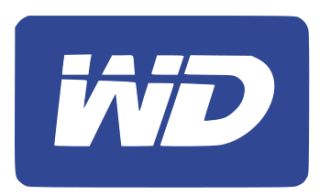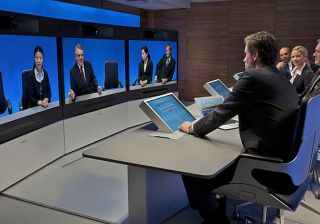 Open source profiteer Red Hat has announced dates for the fifth Red Hat Europe EMEA Partner Conference in Madrid this year.
Open source profiteer Red Hat has announced dates for the fifth Red Hat Europe EMEA Partner Conference in Madrid this year.
The event will run from 29 September to 2 October 2013 and will open with keynotes from top executive veep in sales and services, Arun Oberoi, and CTO Brian Stevens. Veep of partners for Red Hat EMEA, Petra Heinrich, will also be speaking about general partner strategy.
There will be a series of panel discussions on current and future trends in open hybrid cloud, middleware, platform offerings and product strategies. As is expected from this sort of thing, there will also be breakout sessions and talks on best practices about enterprise IT, specifically focusing on using open source tech and making the shift from physical to virtual and cloud platforms.
Red Hat is calling on distributors, ISVs, OEMs, system integrators and other partners, potential or existing, to discuss with each other and gain access to Red Hat’s top execs. Platinum and gold plus sponsors, IBM and HP respectively, will also be attending.
The company asserts, in a tone which would not sound out of place read by Genesis P Orridge over an abrasive and menacing tape loop: “The Red Hat EMEA Partner Conference will be comprised of three pillars. Pillar one is built on datacentre integration with the key themes of partner enablement and IT modernization. Pillar two is built around middleware and the requirement to migrate legacy applications in an open environment. The third pillar focuses on solving the new workload challenges inherent in open hybrid cloud and big data environments.”

















